
Lycopene
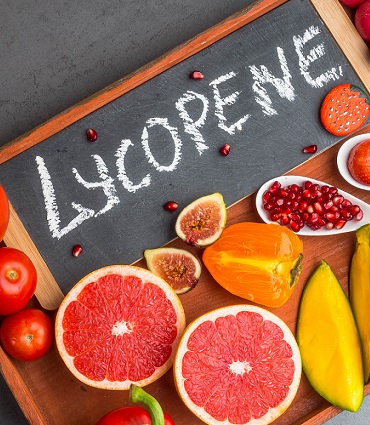
Description
Of the approximately 600 carotenoids found in nature, lycopene is the one found in the largest quantity in the human diet, followed by beta-carotene. In contrast to other carotenoids, lycopene is only found in a small number of plants, mainly in red fruits and vegetables (lycopene is a fat-soluble red pigment) such as tomatoes and watermelons, which are the two main sources.
Used as a food colouring agent, lycopene owes its name to the scientific name of the tomato: Solanum lycopersicum L.
The benefits
- Role as an antioxidant and free radical scavenger: according to a meta-analysis based on more than 70 epidemiological studies, "the higher the consumption of tomatoes and tomato products, the lower the risk of cancer".
- Prevention of prostate cancer: lycopene extracted from tomatoes is believed to inhibit DNA synthesis in prostate epithelial cells, suggesting an important role in inhibiting growth or slowing the progression of cancer.
- Skin protection: According to some studies, oral consumption of tomato lycopene has been shown to help protect the skin from the effects of the sun. Several studies have thus shown either an improvement in induced erythema or a reduction in redness. For completeness, it should however be pointed out that lycopene extracted from tomatoes does not act alone. Other compounds are involved, such as phytoene, phytofluene, beta-carotene, all three carotenoids, as well as tocopherols. So it seems that it is rather the complex formed by these biologically active phytonutrients present in tomatoes that plays a role in protecting cells and preventing degenerative diseases.
Our products based on Lycopene
-
€34.00
-
€78.90
-
As low as €20.00In stock
-
As low as €26.30In stock











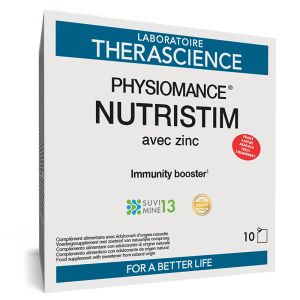
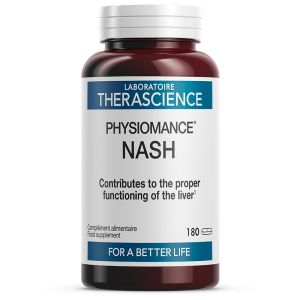
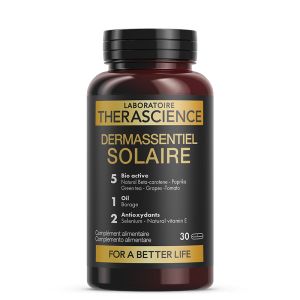
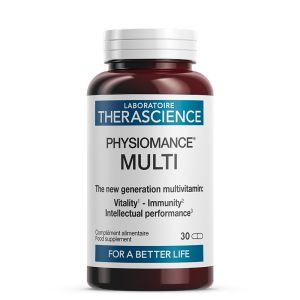
Recommandé par mon médecin, je l'utilise régulièrement, avec de tvoir plus
Avis du 28/09/2024, suite à une expérience du 11/09/2024 par Silvia S